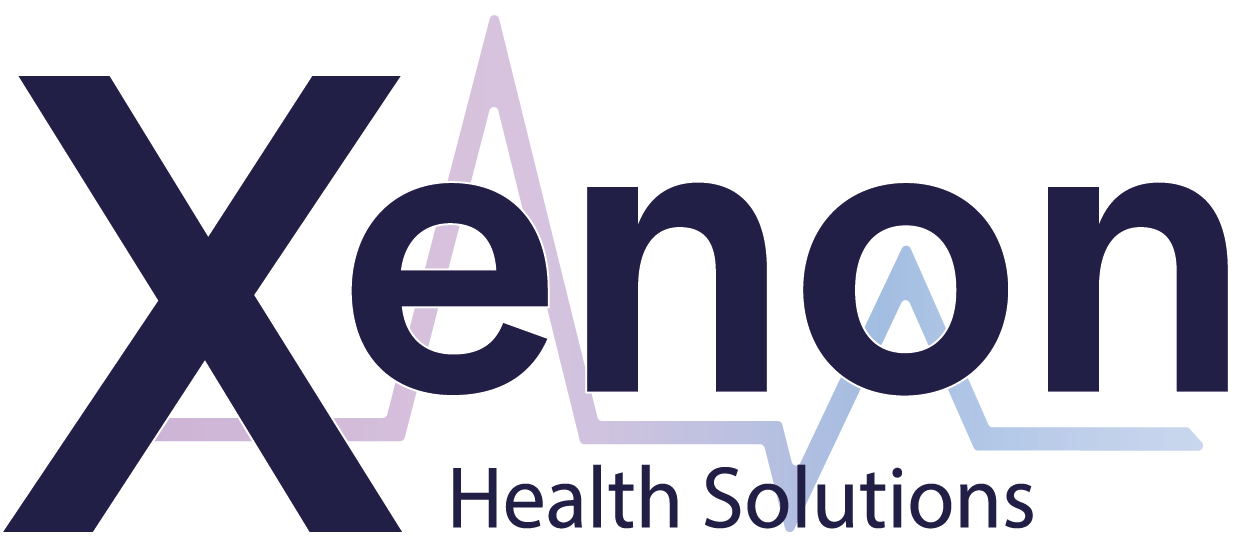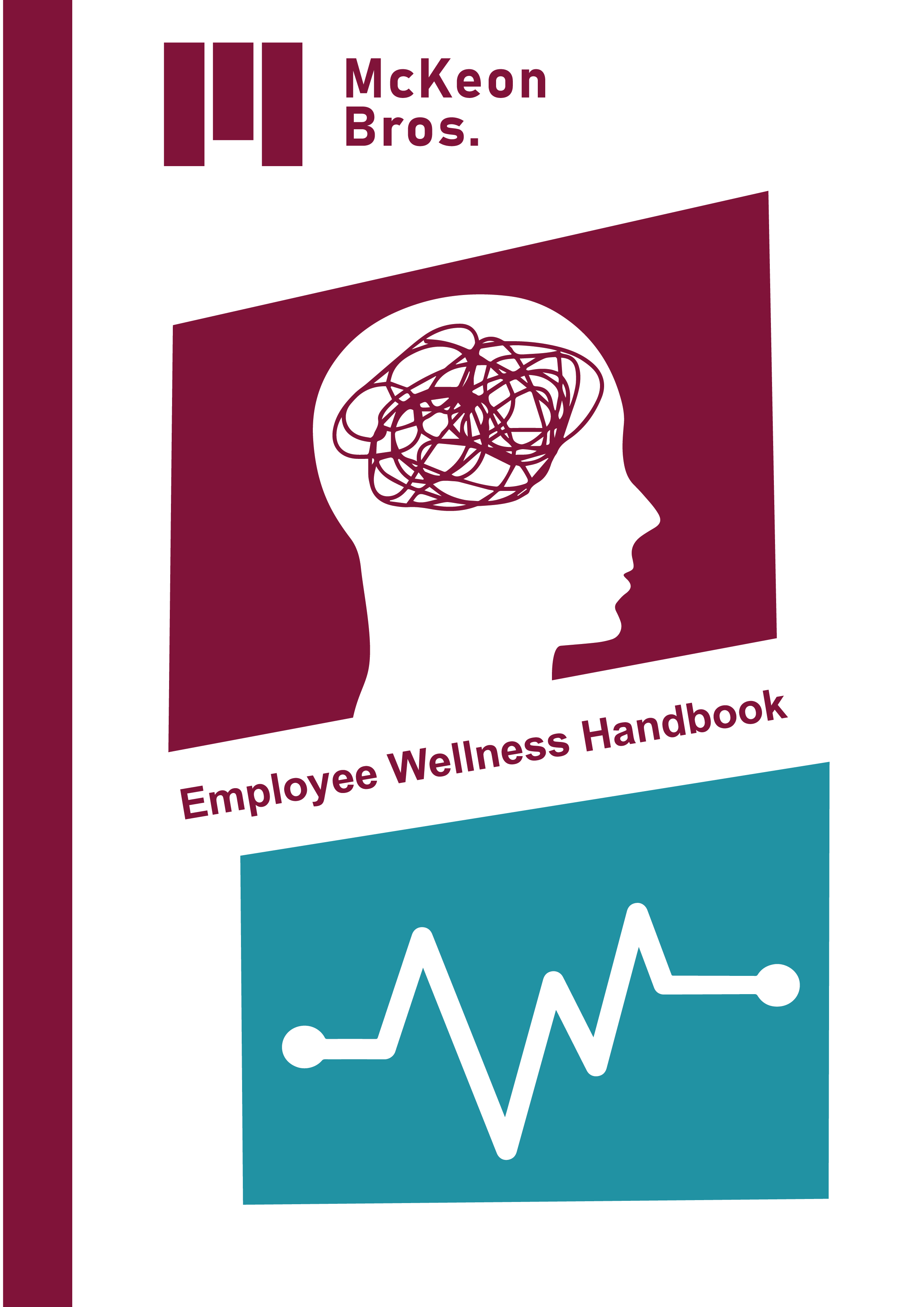Employee Wellness in the Construction Industry
People who are better informed about their health live and work longer. The COVID-19 pandemic has shown that promoting health literacy and taking control of our health have never been more important. Construction workers work in physically demanding jobs and can be exposed to many chemical and physical workplace hazards. While there is a high awareness of work-related health and safety risks among this group, education and understanding of specific health risks in this population is less common. Due to the high prevalence of lifestyle and health risk behaviours among construction workers, research has shown that they benefit from wellness programs tailored specifically to their particular occupation.
Employee health and well-being can often be overlooked in construction. When employees are healthy and feel mentally supported, they’re less likely to injure themselves and more likely to remain productive. A lack of education around certain health issues can create fear, confusion and poor decision-making with many studies that lower health literacy is associated with poorer long term health outcomes. Promoting health literacy is an important public health goal and one which should be embraced by employers.
Improving workforce health literacy is a unique opportunity for employers to improve their employees’ health but it is also a smart business move. Educating employees to help them understand their health risks and the value of preventive care pays off in the form of higher productivity and improved retention.
The 2020 Construction Federation Industry Mental Health report found that almost all companies recognise the importance of employee wellbeing with 98% acknowledging that staff mental health has important safety implications. 94% also believe it to be critically important that the construction industry improves how it manages employees’ mental health.
Improving health literacy relies on making preventive care easy to understand and accessible for your employees. Helping them understand health data, for example, with simple infographics and text messages, can assist employees with low literacy levels to gain the essential information they need to guide their health decisions.
Employers can build trust by providing health education for their employees. Showing a workforce that their health is a priority fosters better employee/employer relationships. The development of an Employee Wellness policy and handbook is an easy first step in the adoption of an employee wellness programme. 70% of employees enrolled in wellness programs have reported higher job satisfaction than those not enrolled (Aflac, 2019). Employees are more likely to recommend a company that supports well-being efforts as a good place to work (APA, 2016) and 56% of employees had fewer sick days because of wellness programs (United Healthcare, 2018).
Health literacy is a straightforward aspect of health care with an enormous potential impact on employees’ lives and the economics of running a business. Employers have the ability, the tools, and the responsibility to improve employees health.
At Xenon Health Solutions, we can help you to improve the health and wellbeing of your employees by developing bespoke evidence based health and wellness programmes tailored to industry specific needs. We provide fully integrated programmes grounded in evidence and practical understanding, in order to promote employee health and disease prevention. Xenon health solutions develops resources to help support the delivery of these programmes which includes the design and development of branded Wellness Handbooks, workshops and health screening solutions. Contact us for more information.










